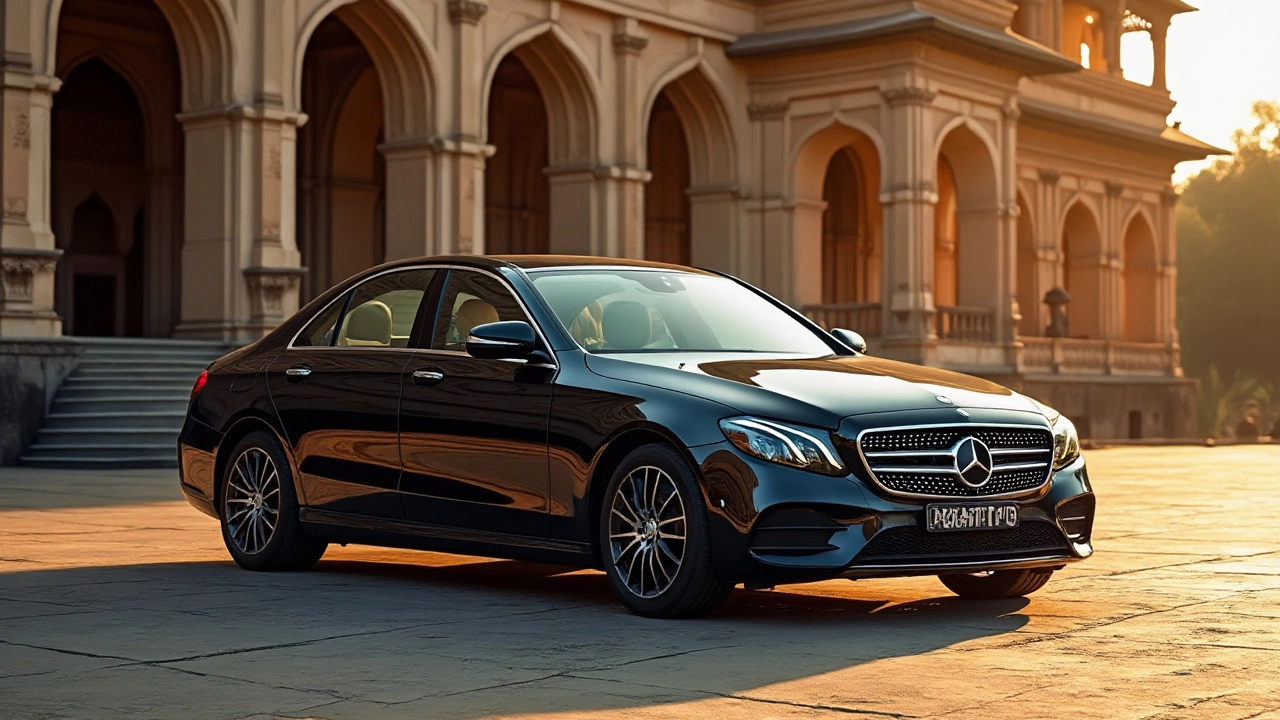Tata Motors – Insights into India’s Automotive Landscape
When talking about Tata Motors, a leading Indian automobile maker that produces passenger cars, trucks, and electric vehicles. Also known as Tata, it drives a large share of the country's vehicle output. The company sits at the heart of the Indian automotive industry, the sector that accounts for over 7 % of India’s GDP and employs millions. Its strategy intertwines with electric vehicles, battery‑powered models that are reshaping mobility and emission standards. At the same time, the issue of car pricing, the high cost of vehicles driven by taxes, supply constraints and regulations remains a hot topic for consumers and policymakers. Tata Motors encompasses passenger‑car production, commercial‑vehicle engineering, and a growing EV line‑up. It requires robust supply‑chain coordination, advanced manufacturing methods, and constant product‑innovation to stay competitive.
Key Themes Covered
One major thread across the industry is the shift toward modern manufacturing methods, such as modular assembly, additive manufacturing, and lean‑six‑sigma practices. These techniques help reduce lead times and keep costs in check—a direct answer to the pricing pressure highlighted earlier. Start‑up entrepreneurs looking for product ideas often examine Tata Motors' portfolio to spot gaps, whether it’s a compact EV for city commuters or a low‑cost utility vehicle for rural markets. Profitability analyses show that sectors like high‑margin electric‑car segments can boost overall margins, while traditional diesel trucks still anchor cash flow. The interplay between government policy, such as subsidy schemes for EVs, and corporate strategy creates a dynamic environment where manufacturers must adapt quickly.
Looking ahead, the convergence of digital tools, green energy mandates, and consumer demand for affordable mobility will shape Tata Motors’ next moves. Expect deeper integration of IoT for predictive maintenance, expanded charging‑infrastructure collaborations, and a focus on modular platforms that can serve multiple market tiers. Below you’ll find a curated set of articles that dive into product‑idea generation, market‑validation tactics, profit‑driven industry insights, and the specific challenges of Indian car pricing—all tied back to the larger story of Tata Motors and the Indian automotive landscape.
